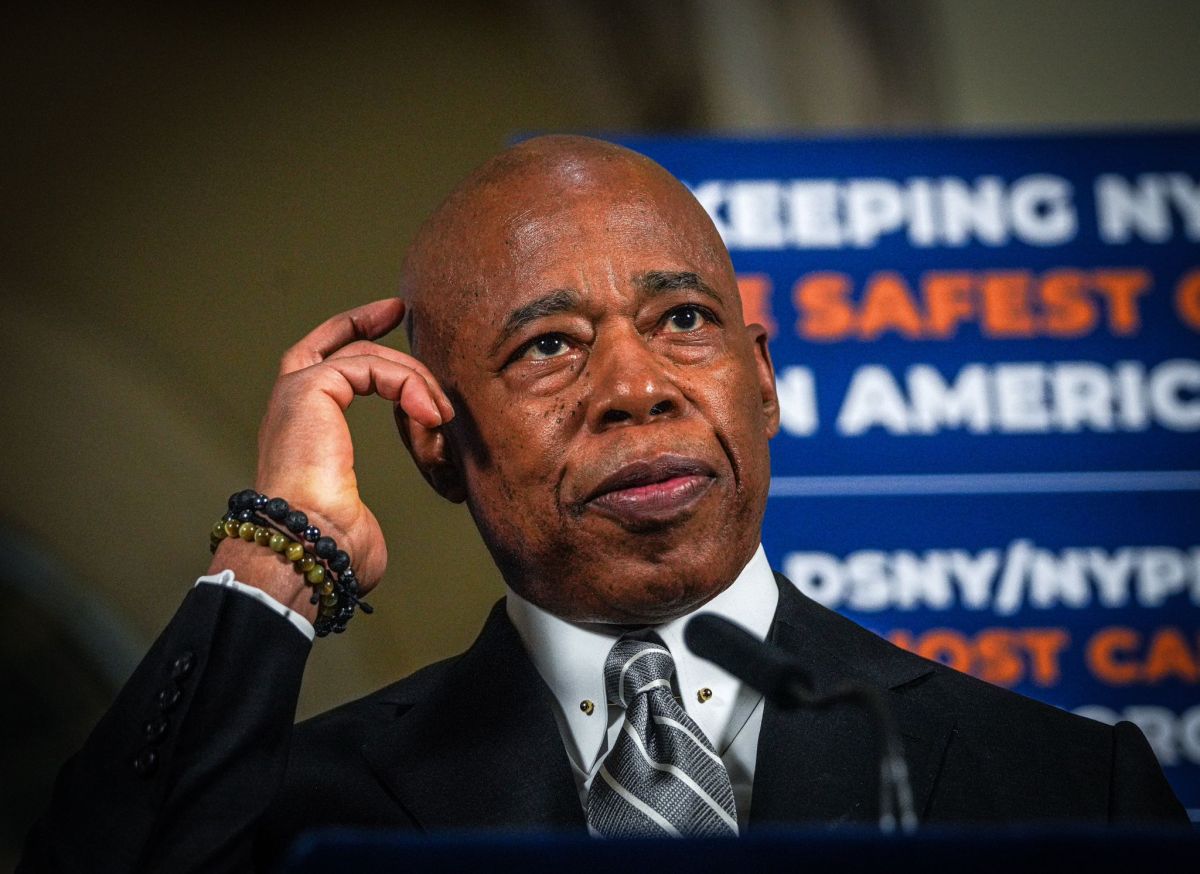By Bob Friedrich
A wakeup call to all New York City drivers asleep at the wheel: Hold on to your wallets, the Robber “toll” Barons are coming for you.
After more than 100 years of free interborough travel on the East River crossings, another iteration of congestion pricing is on its way. And with the subway system in near collapse and in dire need of repair, the proposal is gaining traction.
Mercifully, in the past, the state Legislature has saved us from the City Council’s attempt to place tolls on these bridges to satisfy an insatiable appetite for more of our money. Make no mistake about it, the MTA is setting us up for a monetary shakedown and the politicians are lined up to pick our pockets. This is very bad news for motorists whose pockets have already been emptied by the Department of Motor Vehicles, the Triborough Bridge and Tunnel Authority, the MTA and the Port Authority of NY/NJ.
New Yorkers share the unenviable distinction of suffering the highest tax and toll rates in the country.
The most recent congestion pricing tax scheme sought to impose a $16 roundtrip toll on the currently free East River crossings — a cost burden that few families could afford.
As president of Glen Oaks Village, New York’s largest garden apartment co-op, I know many families and seniors who travel into Manhattan regularly for medical tests and doctor’s appointments who cannot afford this budget-busting expense. What makes matters worse, the tolling shakedown doesn’t stop at the bridges and tunnels. An “Invisible Toll Booth” using license-plate reading scanners is proposed along the perimeters of Manhattan’s central business district, from river to river. Cross its invisible line and your hit with a hefty $8 toll – until, of course, it’s raised again.
A typical trip into Manhattan could cost you a whopping $32. Cross the Brooklyn Bridge to get to Manhattan for an afternoon doctor’s appointment and you’re hit with your first $8 toll. Head north across 60th Street for lunch with a friend, and you’ll be hit with your second $8 toll. Reverse course and cross 60th Street as you head downtown to the doctor’s appointment and you’re hit with your third $8 toll. And when you leave Manhattan, crossing the 59th Street Bridge, you’re slammed with a final $8.
Easy to see how this adds up quickly for those without transit options. Certainly, there are many parts of the city that are virtual mass transit deserts, lacking subways or night-time or weekend bus service. For residents of those areas, free East River Crossings remain the only affordable option.
The Manhattan-centric proponents of the tolling plan have the audacity to call car ownership a “luxury,” when in reality, it’s a necessity for so many outer-borough residents.
The proponents of the toll plan argue that the MTA just needs a sustainable revenue stream to fund its projects and repairs. The problem is we’ve been peddled this false narrative before. It’s never enough.
Here’s the timeline:
· First it was the $15 NYC Auto Use Tax imposed on all NYC registered vehicles to provide a sustainable revenue stream for the MTA. When that wasn’t enough, we were told that…
· A $30 Metropolitan Commuter Supplemental Registration Fee levied on all registered vehicles in the MTA commuter region would provide a sustainable revenue stream. When that wasn’t enough, we were told that…
· The MTA Sales Tax Surcharge, an add-on to the city’s already high sales tax, would provide a sustainable revenue stream. When that wasn’t enough, we were told that…
· The Metropolitan Commuter Transportation Mobility Tax imposed on self-employed individuals would provide a sustainable revenue stream to the MTA. When that wasn’t enough, we were told that…
· A 50 cent Taxi Surcharge on every cab ride would provide a sustainable revenue stream for the MTA…
Now we’re being told that if we place tolls on the Free East River crossings, we will finally create that elusive sustainable revenue stream for the MTA, where these other costly confiscatory fees, which we’re all still paying, failed to do. The track record of failure here is clear and speaks for itself. Enough is enough. The well is dry and the taxpayers of this region are tapped out and have no more to give.
Bob Friedrich is President of Glen Oaks Village, a Civic Leader and former City Council Candidate.



































